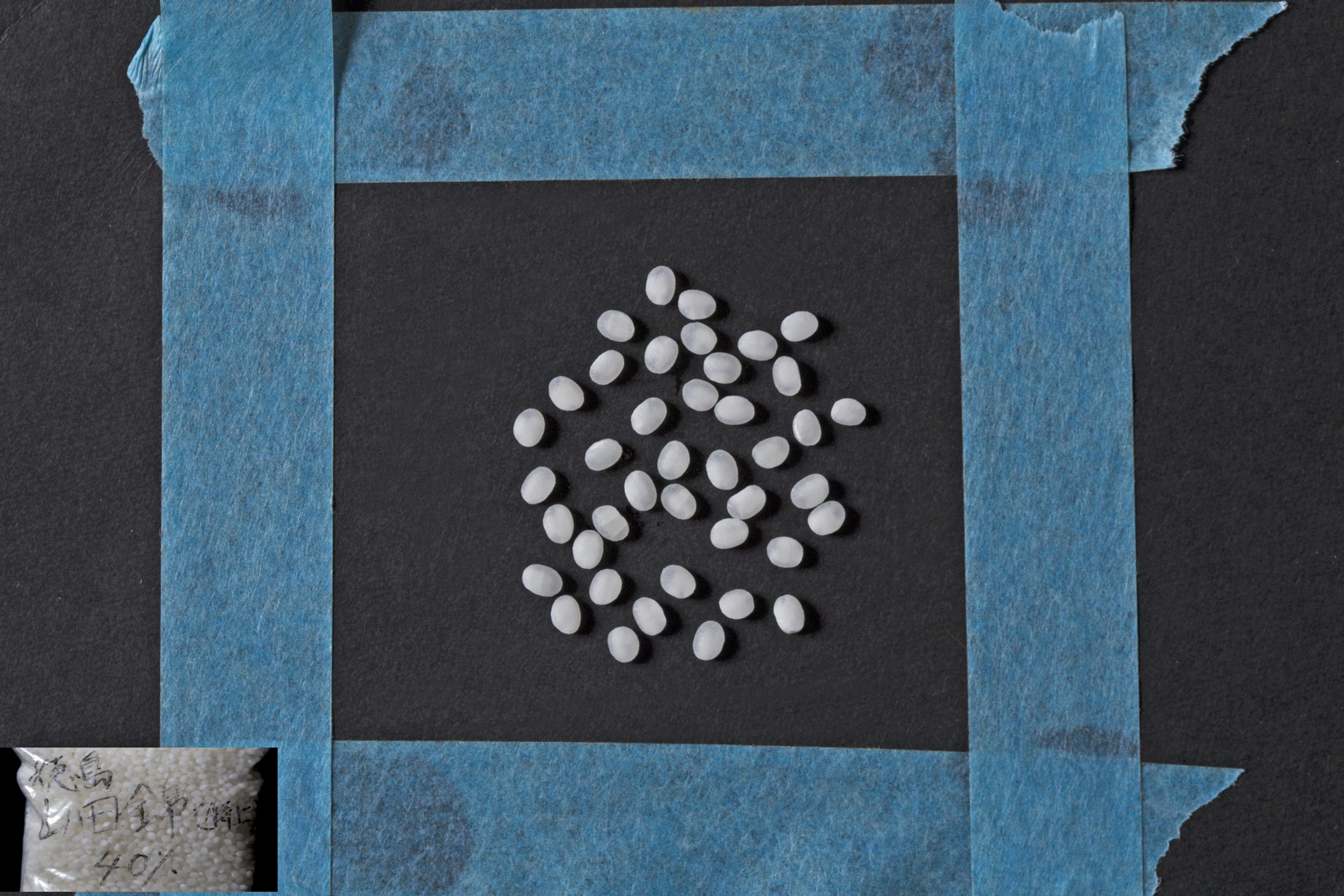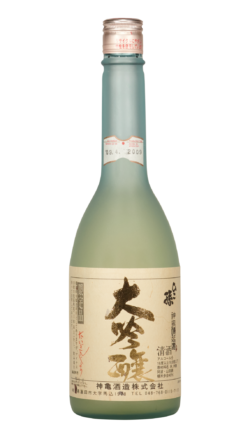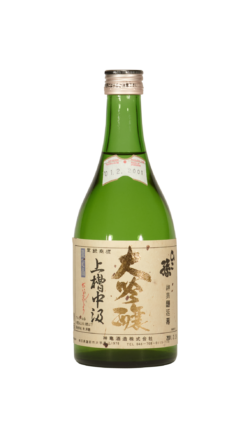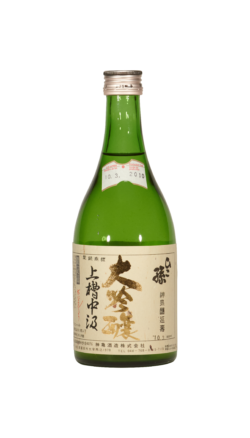the very polished slow-fermented ginjo
Gin = valeur / Jo = fermentation / Dai = grand
Ginjo = fermentation qui a de la valeur
Dai ginjo = grand ginjo
pourquoi un ginjo a une fermentation qui a de la valeur, car les sakes ginjo sont brassés au coeur de l'hiver, au moment ou il fait le plus froid, ce qui va ralentir la fermentation et permettre une plus grande finnesse
parmis tous ces ginjo, ceux que le brasseurs considère comme ses plus grands ginjo, généralement 1 ou 2 sont appelés grand ginjo = Dai ginjo
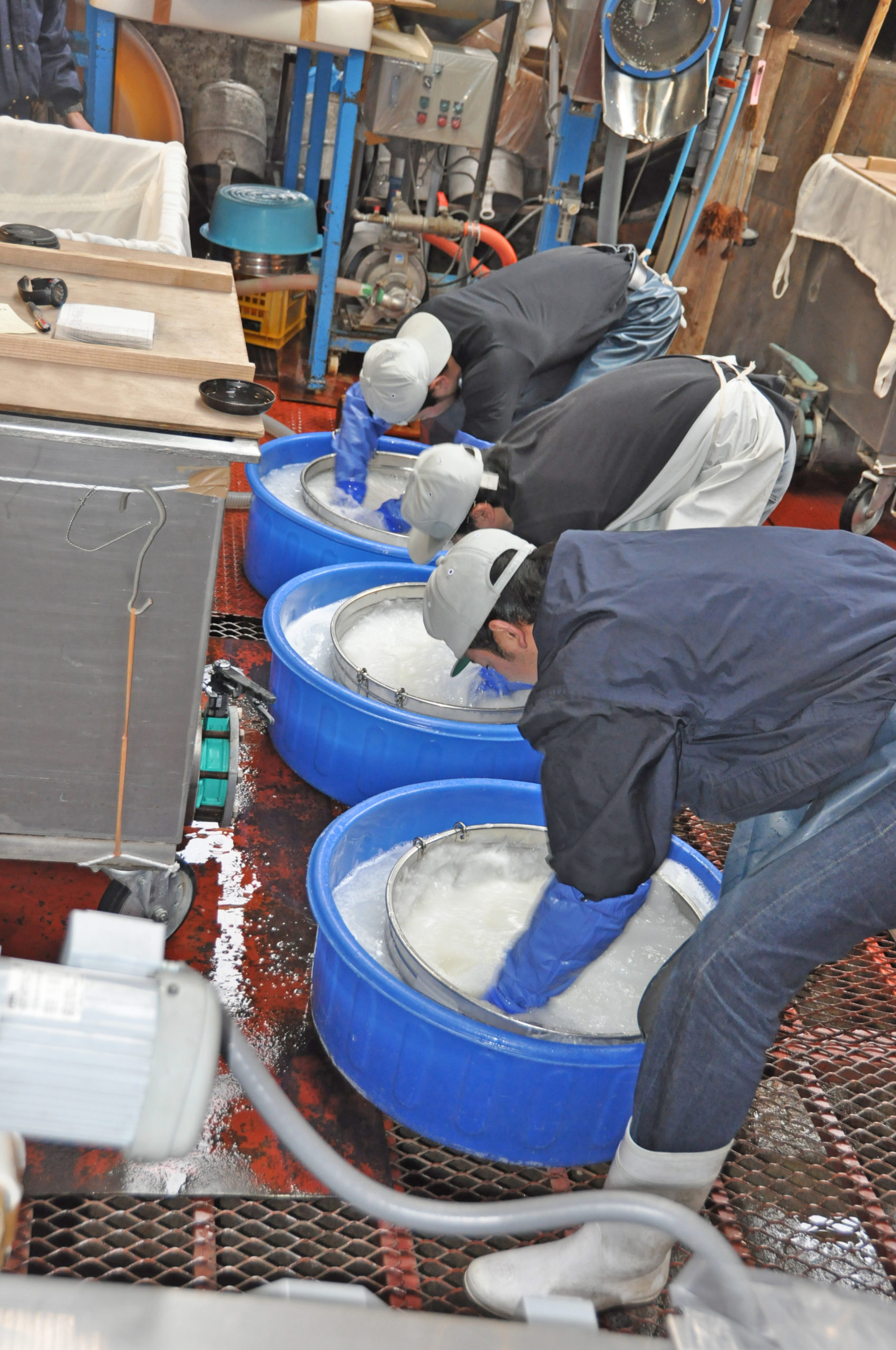
The Junmai Ginjo
Jo = fermentation
Ginjo = long fermentation
A ginjo sake is a sake that has been fermented for a long time because it is brewed at a colder temperature than the other sakes of the brewery. For ginjo sakes we are also more careful at all stages, at all levels....... the only really compulsory rule is that the rate of polishing is equal to or less than 60% of the rice remaining after polishing. the idea is to get to the heart of the rice which will develop fruit or flower aromas
Jo = fermentation
Ginjo = long fermentation
A ginjo sake is a sake that has been fermented for a long time because it is brewed at a colder temperature than the other sakes of the brewery. For ginjo sakes we are also more careful at all stages, at all levels....... the only really compulsory rule is that the rate of polishing is equal to or less than 60% of the rice remaining after polishing. the idea is to get to the heart of the rice which will develop fruit or flower aromas
-
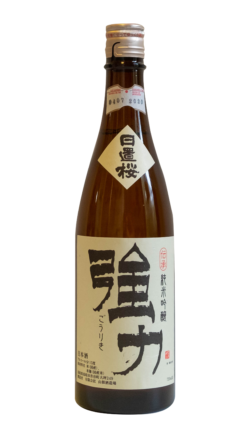
Hiokizakura Junmai Ginjo Densho Ghoriki
32,50 € – 65,00 € -
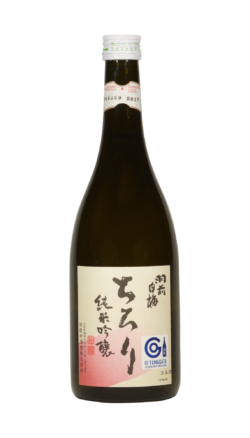
Uzen Shiraume Junmai Ginjo Chirori Namazume
39,00 € – 79,00 € -
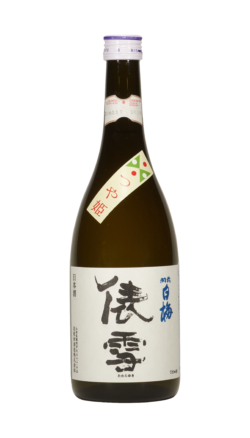
Usen Shiraume Tawarayuki junmai ginjo Nama Genshu Shiboritate Tsuyahime
45,00 € – 90,00 € -
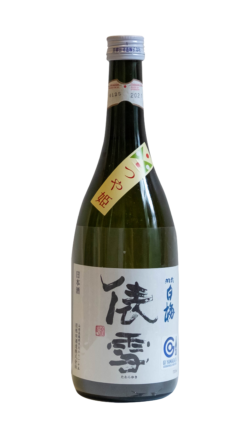
Uzen TAWARAYUKI Junmai Ginjo Tsuyahime
47,00 € – 94,00 € -
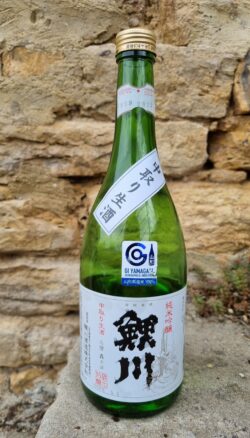
Koikawa junmai ginjo nama nakadori miyama-nishiki
49,50 € -
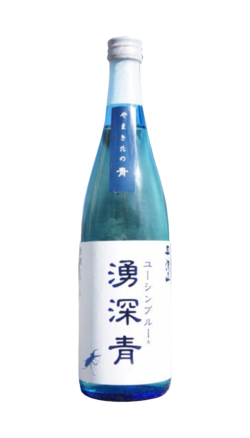
Yushin blue Junmai Ginjo Namachozo
51,00 € – 52,00 € -
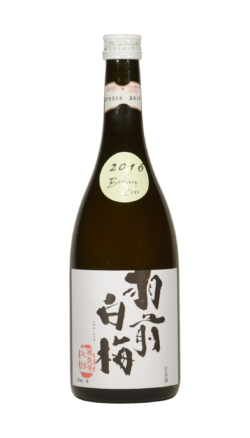
Uzen Shiraume Junmai Ginjo Yamahai Namazume
51,00 € – 102,00 € -
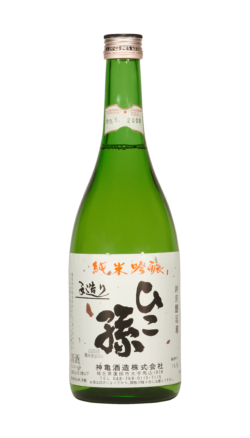
Hikomago Junmai Ginjo Nanago
3.200,00 € – 10.000,00 € -
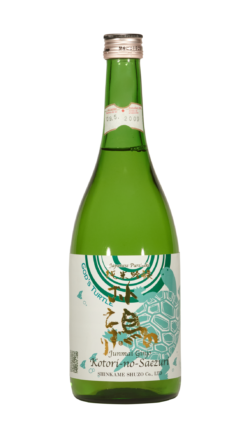
Kotori no saezuri Junmai Ginjo
3.200,00 € – 10.000,00 € -
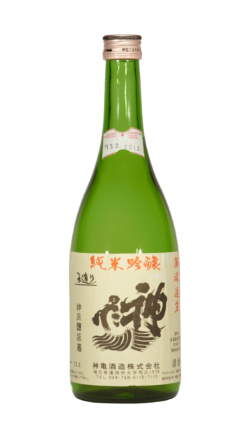
Shinkame Junmai Ginjo Muroka Nama 2013
4.500,00 € -
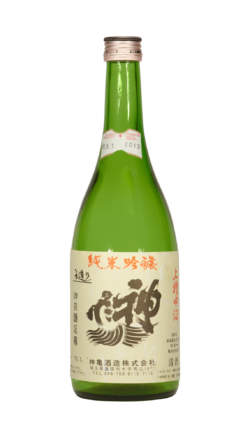
Shinkame Junmai Ginjo Nama Funakuchi 2013
7.500,00 € -
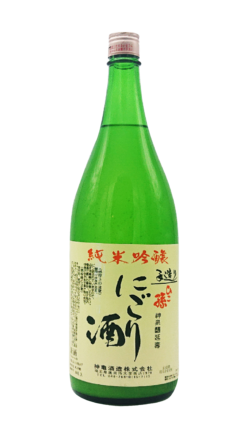
Hikomago Junmai Ginjo nama Kase nigori Sparkling Koshu
10.000,00 € -
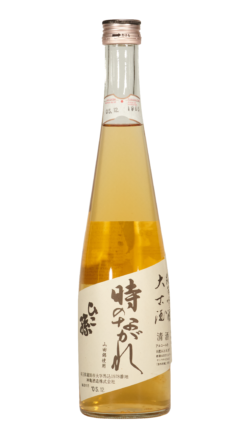
Toki no nagare junmai ginjo
17.000,00 €
Dai koshu blend 1984,85,86
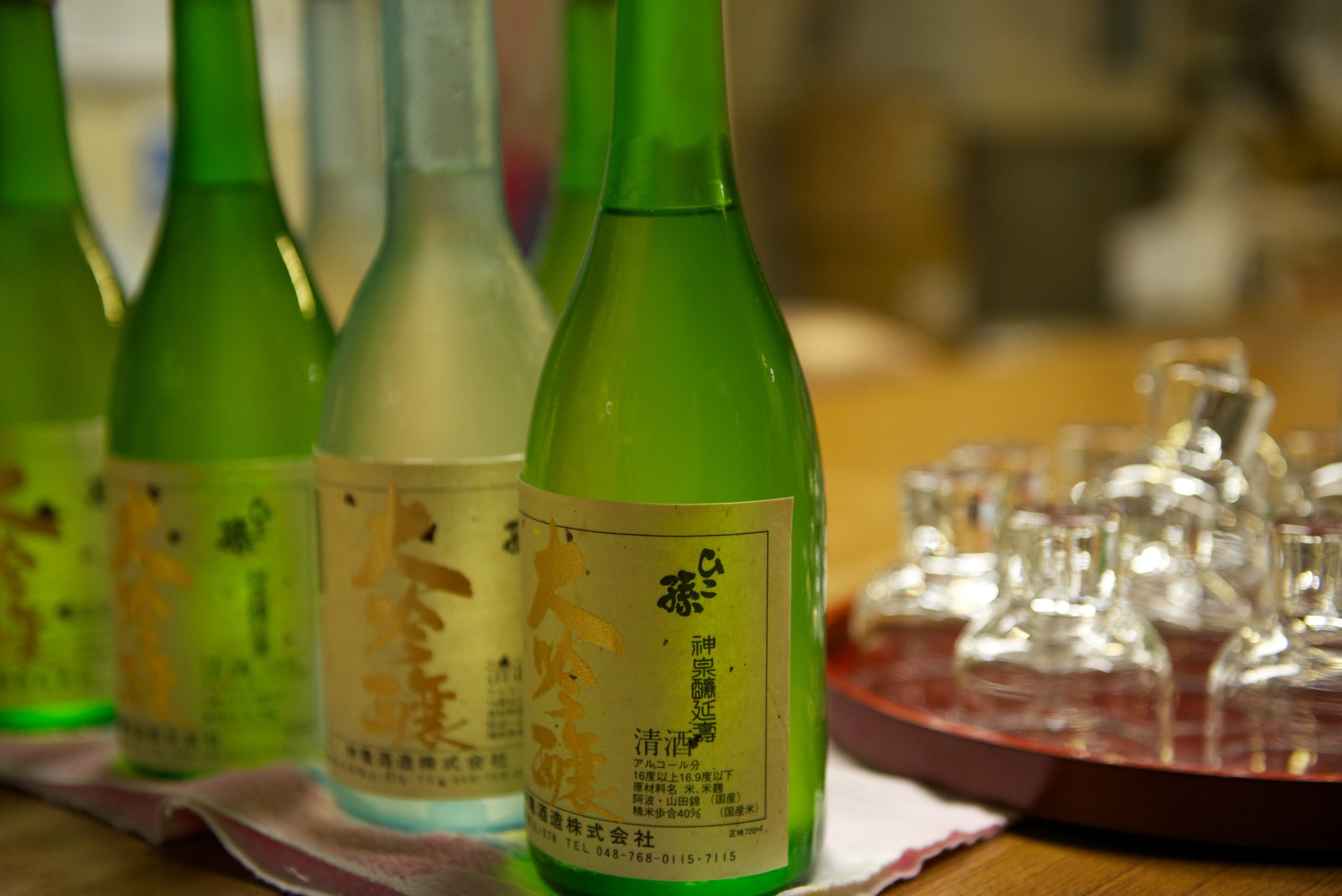
The junmai Dai-ginjo
Jo = fermentation
Ginjo = long fermentation
Dai = great, hight
Daiginjo = great ginjo
A Daiginjo is therefore a great ginjo with a long fermentation because it is brewed at a colder temperature than the other sakes of the brewery. We can also say "great" in the sense of "more" at all stages, at all levels....... the only really compulsory rule is that the rate of polishing is equal to or less than 50% of rice remaining after polishing. Even if some ginjo respect all the rules to be daiginjo, the brewer will only give the title daiginjo to those ginjo sakes he considers to be his greatest ginjo.
Jo = fermentation
Ginjo = long fermentation
Dai = great, hight
Daiginjo = great ginjo
A Daiginjo is therefore a great ginjo with a long fermentation because it is brewed at a colder temperature than the other sakes of the brewery. We can also say "great" in the sense of "more" at all stages, at all levels....... the only really compulsory rule is that the rate of polishing is equal to or less than 50% of rice remaining after polishing. Even if some ginjo respect all the rules to be daiginjo, the brewer will only give the title daiginjo to those ginjo sakes he considers to be his greatest ginjo.

